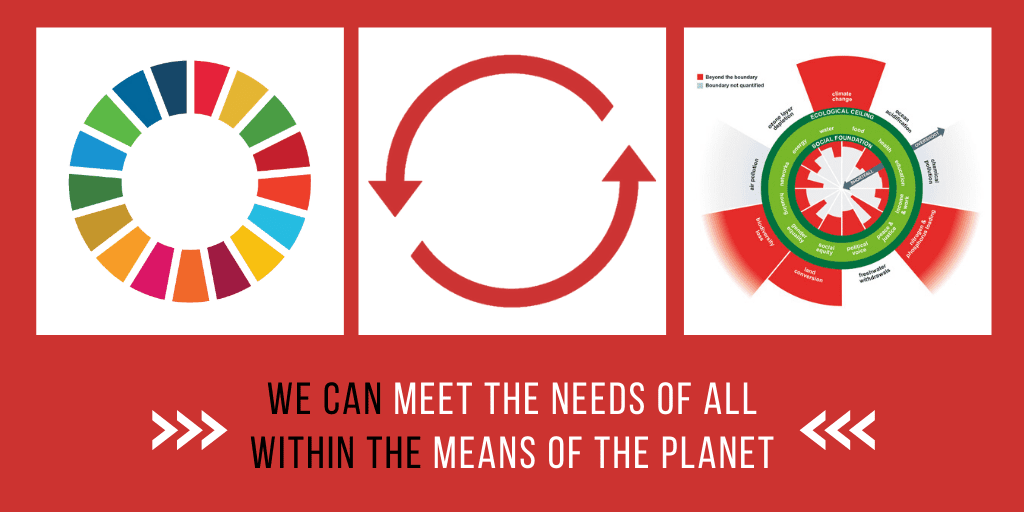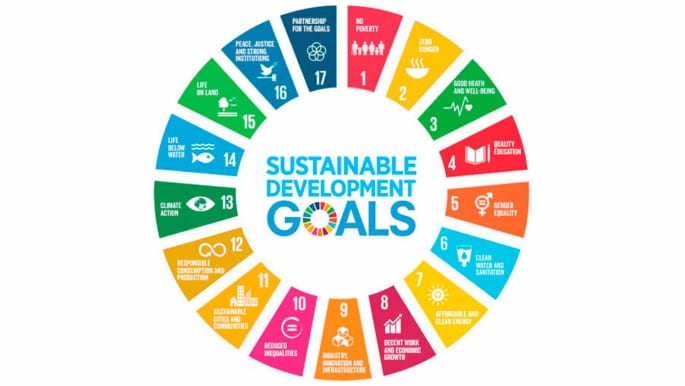As questions of GDP, economic growth and job stimulation fly around during the slow easing of COVID-19 restrictions, a new model for economics is gaining exposure – Doughnut Economics. Developed by Kate Raworth considers it to be “like a compass for humanity in the 21st century” and extends economics beyond what we have traditionally known, posing the the following question:
How do we ensure we all have the resources we need to meet our human rights, but within the means of the planet?
Kate Raworth
Origin of Economics
The term economics is thought to have originated in Greece in relation to household management, but it didn’t really appear as know it, until the late 1700s and is generally credited to the publication of Scottish philosopher Adam Smith’s 1776 book, An Inquiry Into the Nature and Causes of the Wealth of Nations.[1]
The industrial revolution is when economics and the mentality that our society is currently run by, really took flight. It’s also the time that we started to separate more distinctly from nature and planet earth – it’s any wonder we’re in the state we’re in.
Economic Shortcomings
Kate Raworth, has analysed economics as we currently define it and found a number of shortcomings – the economy does not take the environment into account, the monetized economy is heavily supported by the unpaid care economy and the distribution of prosperity is unequal.
Doughnut Economics
As long as someone has been making, supplying and distributing goods or services, there has been some sort of economy. Doughnut Economics challenges the status quo and flips economics as we know it on it’s head – what if economics didn’t start with money, but instead started with human wellbeing? It asks us to tackle the 21st century challenge of meeting the needs of all within the means of the planet.

Circular Economy, SDGs and Doughnuts
Through strong visuals, it demonstrates that a doughnut is the sweet zone for all, bounded within by a social foundation and outward by an ecological ceiling. We see the circular economy as a fundamental principle ensuring we stay on the doughnut when making, supplying and distributing goods.

We highly recommend Doughnut Economics: Seven Ways to Think Like a 21st-Century Economist by Kate Raworth. Let’s strip the term economics back to basics and redefine it moving forward for a better world for all.
